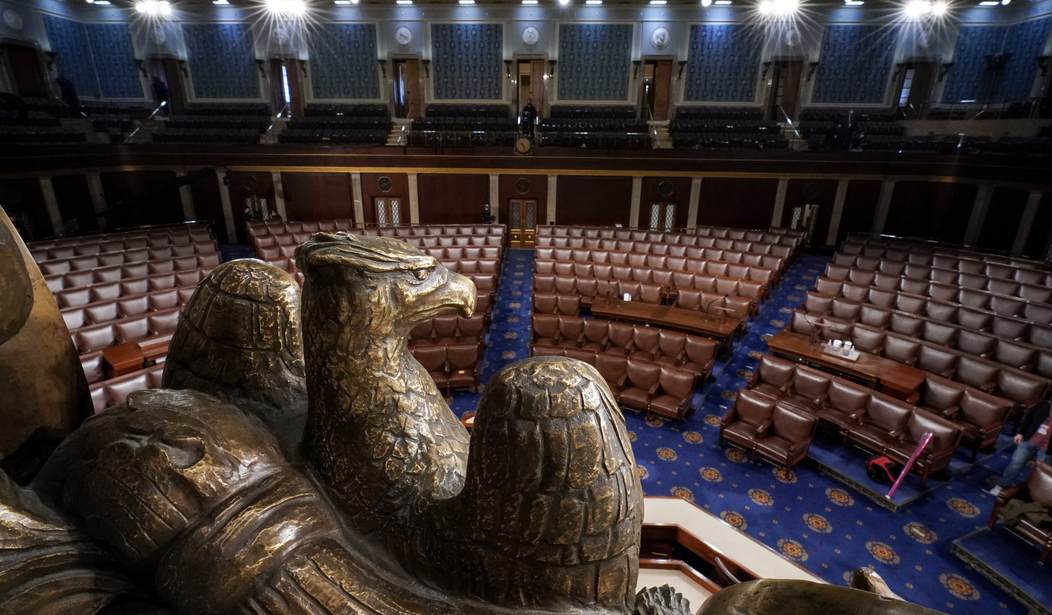The House of Representatives passed the Inflation Reduction Act on Friday along party lines, and it is expected to be signed into law by President Joe Biden next week.
All 220 Democrats voted in favor, and 207 Republicans voted against it. Four Republicans did not vote on the legislation, and many members voted remotely by proxy.
“Today, the American people won. Special interests lost. With the passage of the Inflation Reduction Act in the House, families will see lower prescription drug prices, lower health care costs, and lower energy costs,” President Joe Biden tweeted.
“I look forward to signing it into law next week,” he added.
Today, the American people won. Special interests lost.
With the passage of the Inflation Reduction Act in the House, families will see lower prescription drug prices, lower health care costs, and lower energy costs. I look forward to signing it into law next week.
— President Biden (@POTUS) August 12, 2022
Despite the bill’s name, it mainly focuses on energy and healthcare. As RedState reported, the legislation will barely have any impact on inflation.
The Penn Wharton Budget Model estimates that the Inflation Reduction Act would reduce non-interest cumulative deficits by $248 billion over the budget window with no impact on GDP in 2031.
“It doesn’t even have a review from the Congressional Budget Office,” House Minority Whip Steve Scalise (R-LA) said on the House floor.
“But just a few hours ago we got this, and it was a confirmation that the IRS agents will be getting about $20 billion in new taxes from people making less than $400,000. That’s right, the CBO just confirmed it a few hours ago… This bill breaks President Biden’s promise,” he added, referencing new details from the CBO about the Democrats’ tax plan within the bill, as RedState reported.














Join the conversation as a VIP Member